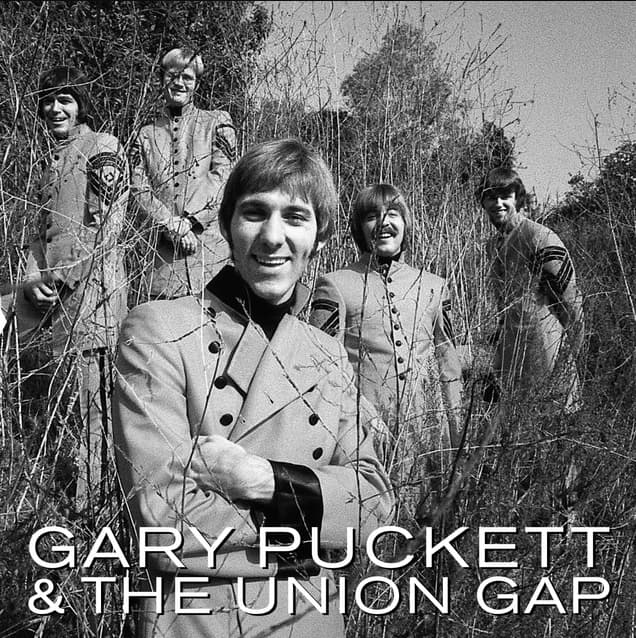
Gary Puckett & The Union Gap – Young Girl: A Haunting Tale of Forbidden Love
In the spring of 1968, as the world stood on the cusp of change, Gary Puckett & The Union Gap released a song that captured both the innocence and the peril of youthful infatuation. “Young Girl” soared to number two on the Billboard Hot 100 chart, resonating with audiences for its haunting melody and poignant narrative. As we revisit this classic, it beckons us to reflect on its timeless exploration of love’s complex boundaries.
The late 1960s were a time of profound transformation, both culturally and socially. Amidst this backdrop, Gary Puckett, with his powerful and emotive voice, delivered “Young Girl,” a song that unflinchingly addressed the tensions between desire and morality. Its success was not just a testament to its catchy tune but also to its ability to stir deep emotions and spark introspection.
The story behind “Young Girl” is as compelling as its melody. Written by Jerry Fuller, the song tells a tale as old as time—a man captivated by a young girl’s allure, only to realize that she is not yet of age. The lyrics convey a sense of urgency and moral conflict, as the narrator pleads with the girl to leave before their burgeoning romance crosses an unacceptable line. This theme of forbidden love struck a chord with listeners, evoking a mix of empathy and unease.
Musically, “Young Girl” is marked by its dramatic orchestration and stirring vocal performance. The arrangement features sweeping strings and emphatic percussion, creating an atmosphere that is both grandiose and intimate. Gary Puckett’s voice soars over these lush instrumentals, capturing the desperation and sincerity of the song’s narrative. His delivery is imbued with a sense of nostalgia, evoking memories of first loves and the bittersweet nature of growing up.
As we listen to “Young Girl” today, it serves as a poignant reminder of the challenges that come with navigating emotions that defy easy categorization. For many older listeners, it may recall their own youth—a time when emotions ran high and life seemed full of endless possibilities yet fraught with perilous choices. It speaks to the universal experience of grappling with feelings that blur the lines between right and wrong.
Moreover, “Young Girl” reflects broader societal shifts occurring in the late ’60s. At a time when traditional norms were being questioned and redefined, the song’s exploration of age and consent issues was particularly relevant. It subtly underscored the importance of respect and responsibility within relationships—an ethos that remains significant today.
In retrospect, Gary Puckett & The Union Gap‘s “Young Girl” stands as more than just a hit single; it is a cultural artifact from an era characterized by change and introspection. Its enduring appeal lies in its ability to evoke memories while prompting reflection on our own experiences with love’s complexities. For those who lived through its initial release, it remains a cherished piece of their past—a song that captures both the beauty and the melancholy of young love.
In closing, let us celebrate “Young Girl” not only for its musical craftsmanship but also for its poignant storytelling—a reminder that some themes are truly timeless. As we listen once more to those familiar strains, may we find ourselves transported back to our own moments of youthful longing and self-discovery.